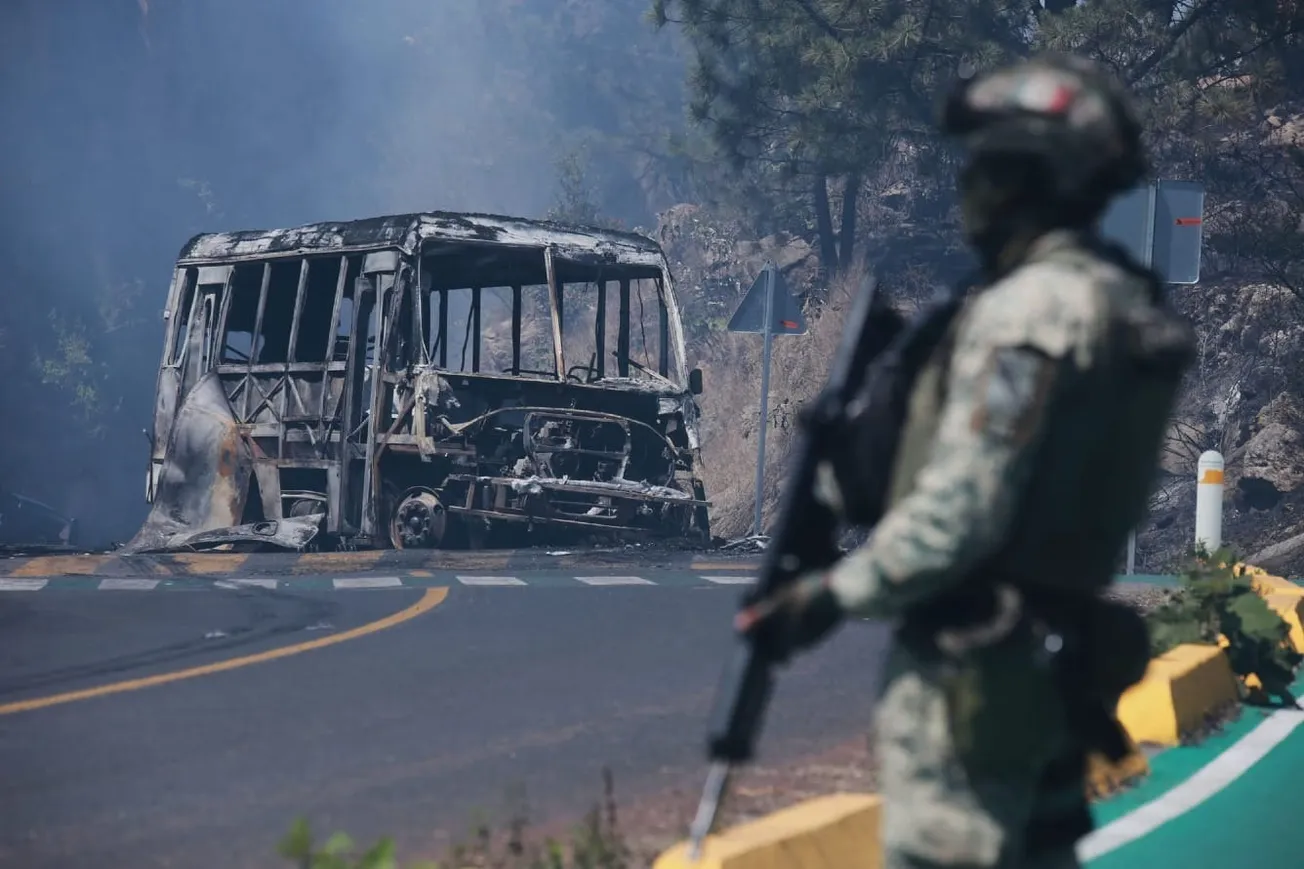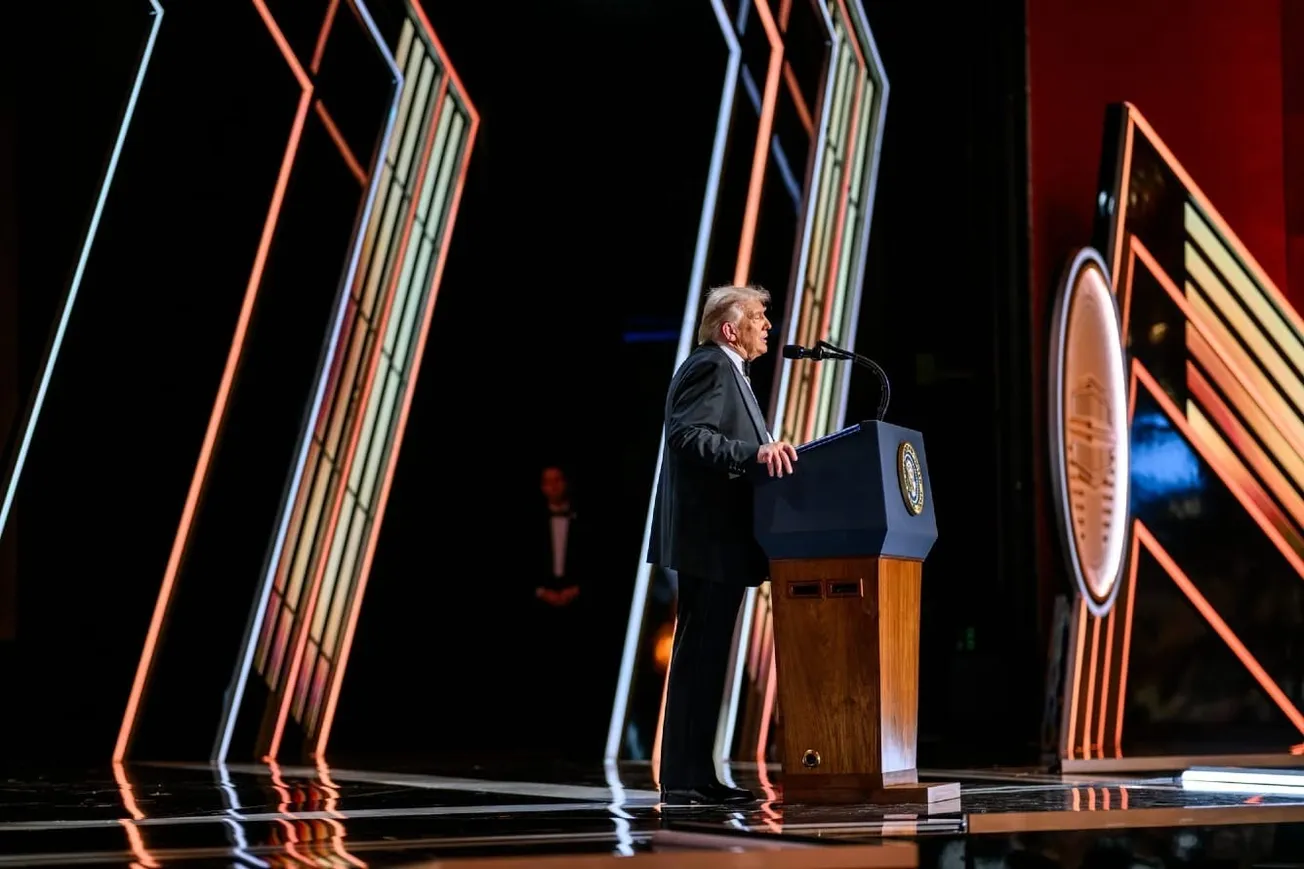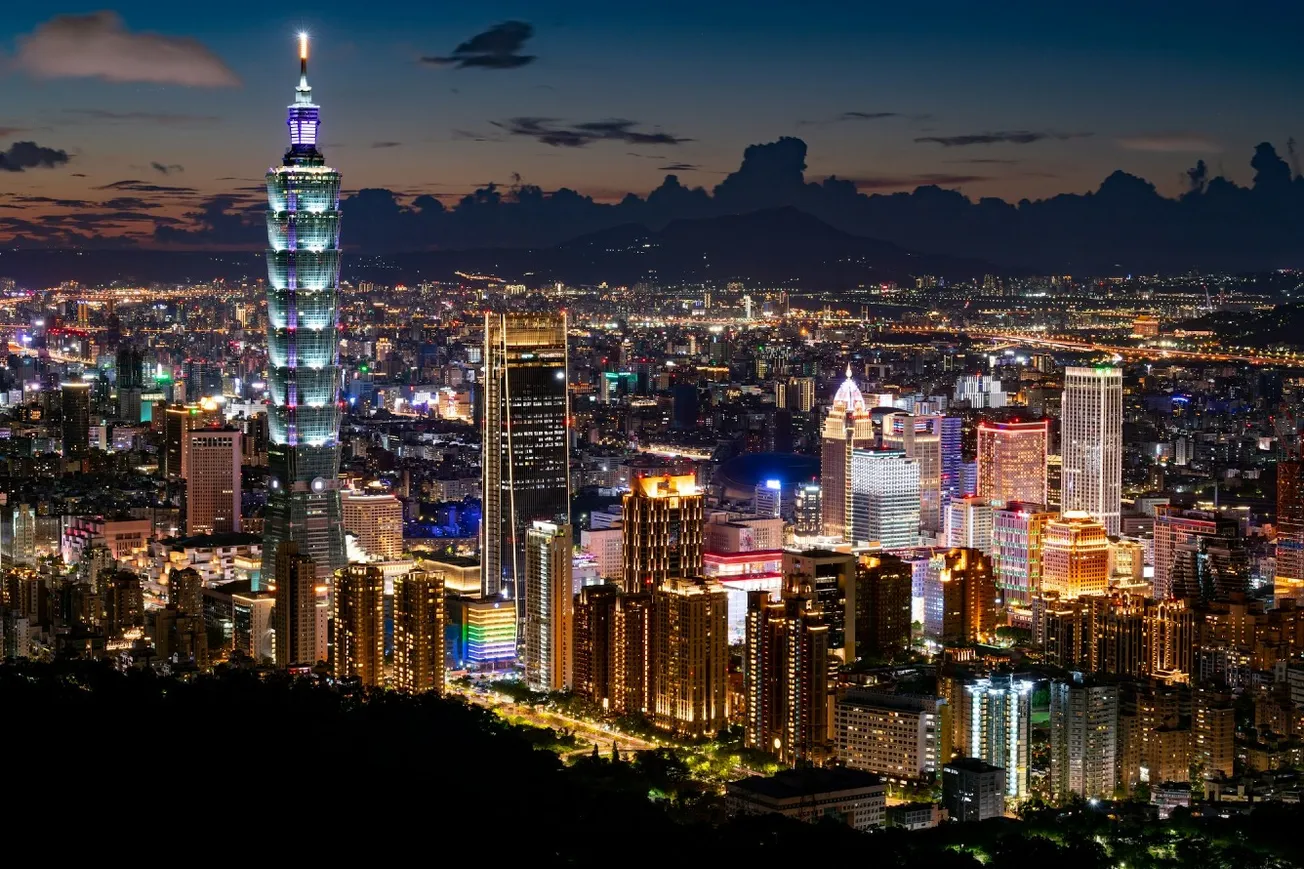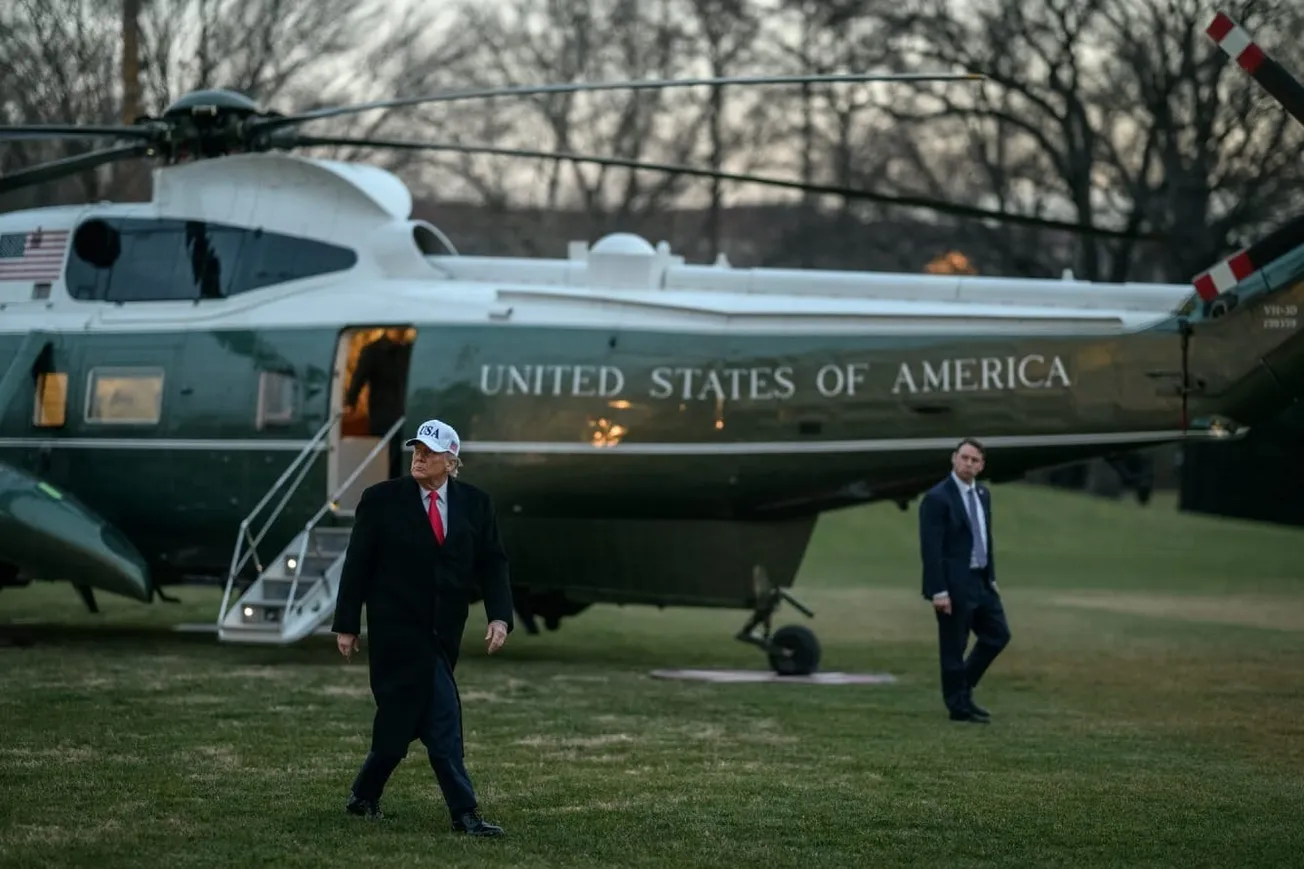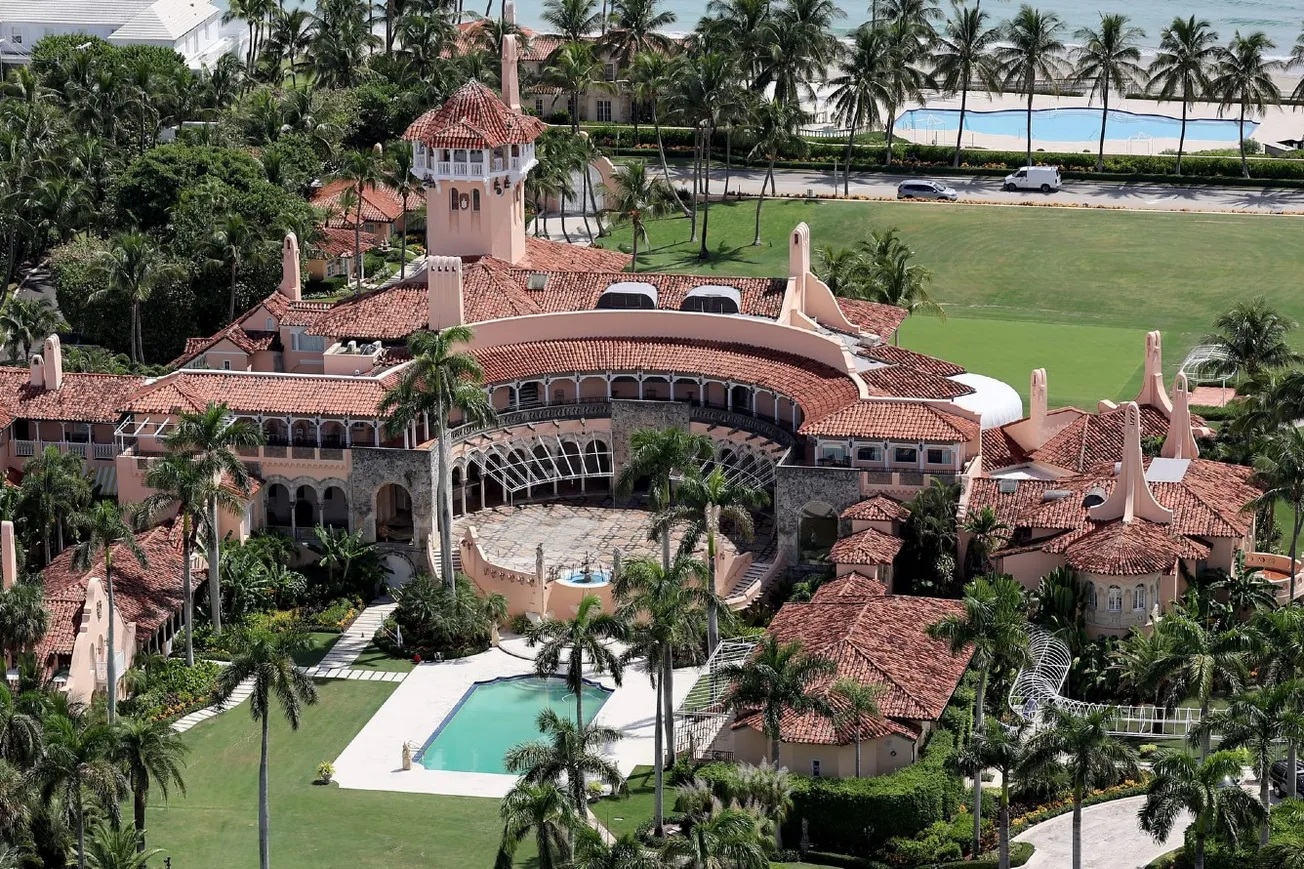By Brahma Chellaney - Project Syndicate | April 9, 2025
Since the Myanmar military’s overthrow of a civilian government in 2021, the US has taken a punitive approach to the country, emphasizing broad-based sanctions and aid to rebel groups. But far from promoting a democratic transition, this approach has perpetuated violence and suffering, while strengthening China's strategic foothold.


